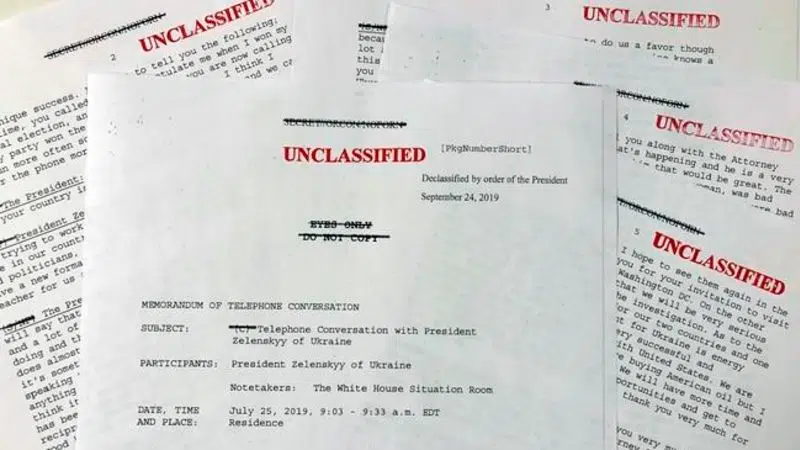
Trump-Ukraine whistleblower is part of long tradition
NEW YORK — Erin Brockovich, who has some experience in revealing disturbing secrets, knows what she would say to the government whistleblower at the heart of allegations that President Donald Trump pressured Ukraine’s president to investigate his political rival Joe Biden.
“I would say, ‘You are obviously a person of integrity and you take it seriously when you hear about wrongdoing,'” Brockovich, the environmental and consumer activist, said in a recent telephone interview. “The name ‘whistleblower’ gets a bad connotation, and I’ve never understood that.”
As Democrats move to begin impeachment hearings and Trump tweets accusations of treason, the headlines turn on a government official’s written complaint about the president “using the power of his office to solicit interference from a foreign country in the 2020 U.S. election.”
Labeled #FakeWhistleBlower by Trump, the official remains unknown to the public but has already been linked to such whistleblowers of the past as Brockovich, Daniel Ellsberg and Edward Snowden.

